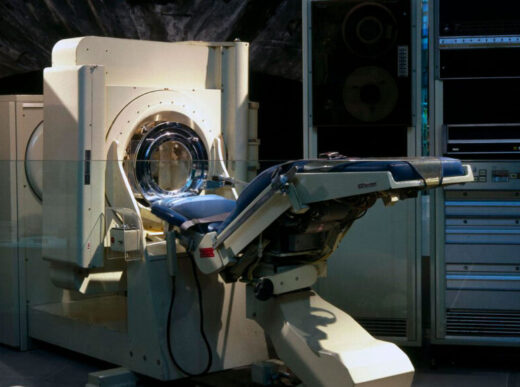Quantum superposition and the big bang theory are two concepts that are often discussed in relation to each other, but do they have a deeper connection? In this essay, we will explore the definitions and implications of these concepts and consider whether there may be a connection between them.
Quantum superposition is a phenomenon that occurs at the subatomic level and is one of the fundamental principles of quantum mechanics. It states that a quantum particle, such as an electron or a photon, can exist in multiple states simultaneously. This means that, for example, an electron can spin both clockwise and counterclockwise at the same time, or that a photon can pass through two different slits at the same time.
This may seem counterintuitive, as our everyday experience tells us that objects can only be in one place at a time and can only have one characteristic at a time. However, the principles of quantum mechanics describe the behavior of matter and energy at the smallest scales, where the rules of classical physics do not apply.
The concept of quantum superposition has been demonstrated through numerous experiments and is now accepted as a fundamental principle of quantum mechanics. It has also led to the development of technologies such as transistors, lasers, and solar cells, which rely on the principles of quantum mechanics to function.
The big bang theory, on the other hand, is a scientific theory that explains the origin and evolution of the universe. According to the big bang theory, the universe began as a singularity, a point of infinite density and temperature, around 13.8 billion years ago. From this singularity, the universe expanded and cooled, eventually leading to the formation of the first atoms and the universe as we know it today.
The big bang theory is supported by a wealth of evidence, including cosmic microwave background radiation, the expansion of the universe, and the abundance of light elements. It is now the most widely accepted theory for the origin and evolution of the universe.

So, is there a connection between quantum superposition and the big bang theory? On the surface, these concepts may seem unrelated, as quantum superposition describes the behavior of subatomic particles while the big bang theory explains the origin and evolution of the universe as a whole. However, it is possible that the principles of quantum mechanics may have played a role in the early stages of the universe when it was still a realm of fundamental particles and energy.
For example, it has been suggested that the universe may have gone through a period of cosmic inflation in its early stages, during which the fabric of space-time itself expanded at an exponential rate. This period of cosmic inflation could have been driven by the principles of quantum mechanics, and it is possible that the concept of quantum superposition may have played a role in this process.
However, it is worth noting that the connection between quantum superposition and the big bang theory is still a subject of speculation and research. While it is possible that these concepts may be related, more research is needed to fully understand the relationship between them.
In conclusion, while quantum superposition and the big bang theory are two distinct concepts, it is possible that they may be connected in some way. While the connection between these concepts is still not fully understood, it is an interesting area of research and may lead to a deeper understanding of the origins and evolution of the universe.















